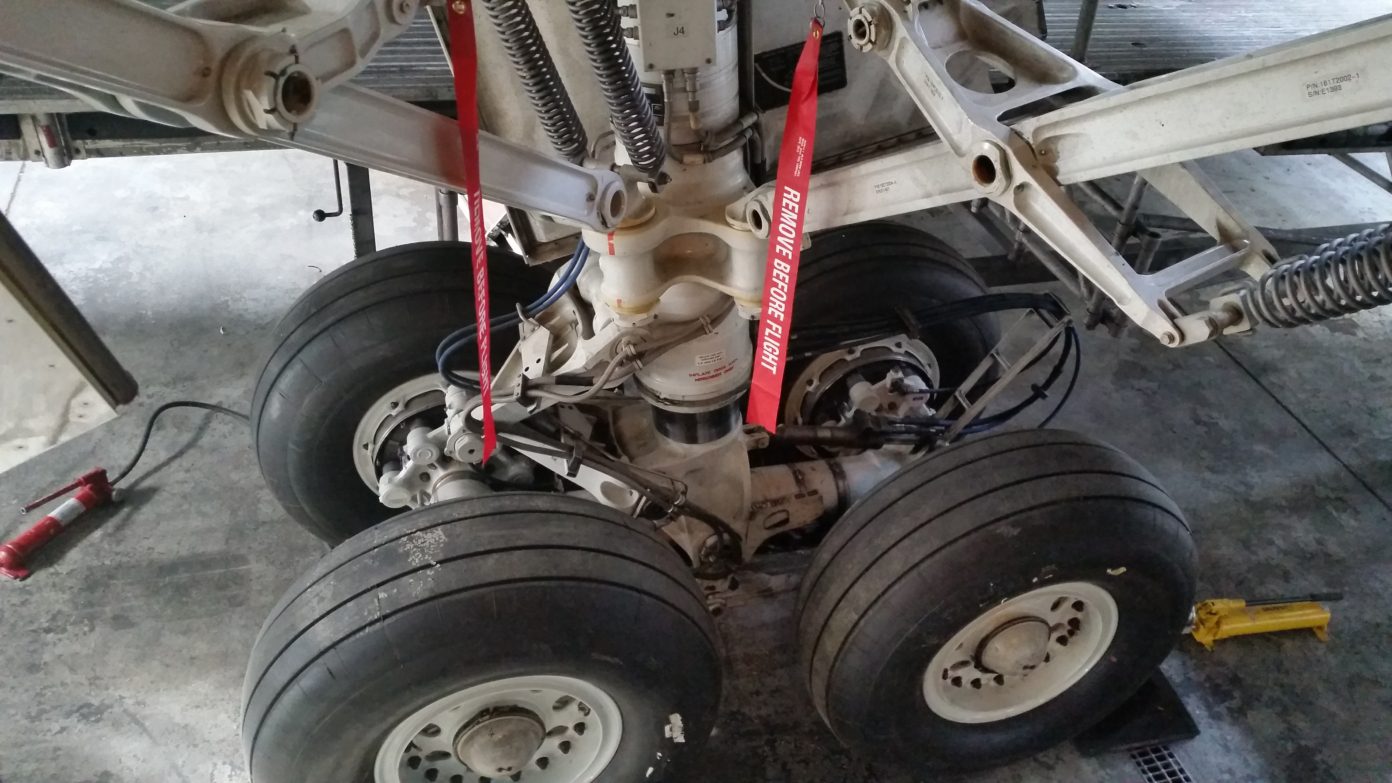
THE Nigerian government’s initiative to upgrade airport terminals with a N712 billion investment is a step in the right direction.
However, it is crucial to strike a balance between modernising airport infrastructure and addressing pressing aeronautical concerns. Safety and security should remain top priorities to ensure the aviation sector’s long-term sustainability.
The recent incidents such as the Max Air and Aero contractor airline incidents, highlight the need for improved safety measures.
According to a report by the Nigerian Safety Investigation Bureau (NSIB), the Max Air incident was caused by a tire burst upon landing, which was attributed to a maintenance issue. This incident underscores the importance of regular maintenance and inspection of aircraft to prevent such occurrences.
There are so many to be fixed. Implementing advanced technology, such as Automatic Dependent Surveillance-Broadcast (ADS-B), can enhance safety by providing real-time tracking of aircraft and reducing the risk of mid-air collisions.
According to the International Civil Aviation Organization (ICAO), ADS-B is a key technology for improving air traffic surveillance and safety. Strengthening oversight mechanisms and conducting frequent audits can foster a more accountable and safety-conscious aviation industry.
Moreover, prioritising routine maintenance, investing in advanced diagnostic tools, and conducting independent third-party inspections can help prevent technical failures. A study by the International Air Transport Association (IATA) found that regular maintenance is essential to preventing technical failures and ensuring aircraft airworthiness.
Modernising air navigation services, including deploying satellite-based navigation systems and upgrading radar systems, can improve air traffic flow and reduce delays.
The Federal Aviation Administration (FAA) also posits that modernising air traffic control systems can improve safety and efficiency while also reducing delays and emissions.
The government’s commitment to supporting the aviation industry is evident in recent developments, such as the implementation of the Cape Town Convention (CTC) and the new aircraft leasing policy. These initiatives have improved Nigeria’s compliance score and made it more attractive to aircraft lessors and financiers.
A report by the Aviation Working Group (AWG) says that Nigeria’s implementation of the CTC has improved its compliance score from 2.5 to 3.5, making it a more attractive market for aircraft leasing.
Given the current progress, it’s optimistic to see the Nigerian aviation sector thriving. The time frame given to completion of contracts under the emerging grant is commendable, and with effective implementation, the sector can become a significant contributor to the country’s economic growth.
Going by a report by the Nigerian Economic Summit Group (NESG), the aviation sector has the potential to contribute up to 5 percent to Nigeria’s GDP, creating jobs and stimulating economic growth.
To achieve this, the government should continue to foster public-private partnerships, invest in human capital, and promote regional integration to enhance air connectivity and facilitate economic growth.
The African Development Bank (AfDB) added weight to the call for private participation in growing public assets by positing that public-private partnerships can play a crucial role in financing infrastructure development in Africa, including in the aviation sector.
So while the N712 billion investment in airport upgrades is a step in the right direction, it’s essential to prioritise aeronautical concerns, such as safety and security, to ensure the long-term sustainability of the aviation sector.
By addressing these concerns and building on recent successes, Nigeria’s aviation sector can become a model for excellence, driving economic growth and development in the region.
And with a balanced approach, Nigeria’s aviation sector can sparkle within and without, becoming a major driver of economic growth and development.
READ ALSO: FEC approves full rehabilitation of Lagos airport terminal in N900bn aviation overhaul
Provided by SyndiGate Media Inc. (Syndigate.info).